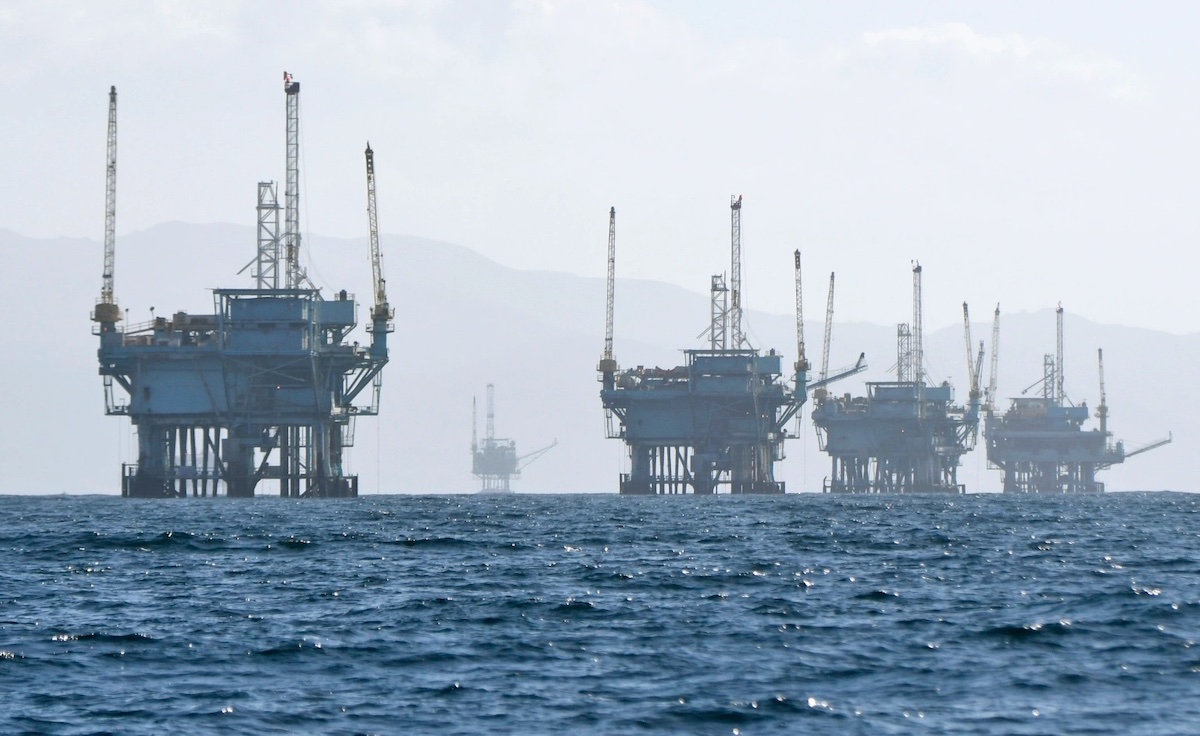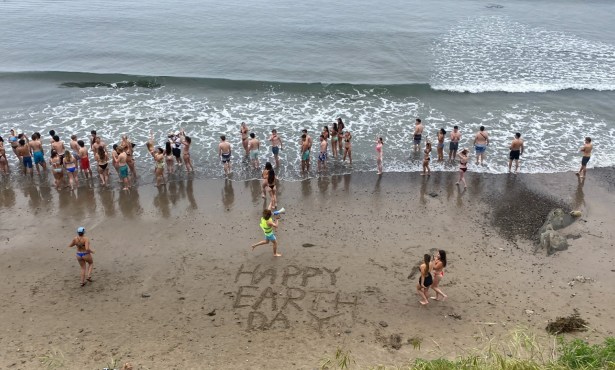Fracking Moratorium off California Coast Ordered by Ninth Circuit
Thorough Environmental Review Required Before Fracking or Acidizing of Offshore Oil Wells

In a long series of court proceedings, permits allowing the fracking and acidizing of oil wells in federal waters off the coast of California were prohibited by the Ninth Circuit Court of Appeals today.
Three separate lawsuits were filed by Santa Barbara’s Environmental Defense Center (EDC), Center for Biological Diversity, and the State of California challenging the more than 50 permits given to oil-industry operators in federal waters, arguing that impacts on the environment from the chemicals used in the well stimulation practices had not been fully reviewed. That initial case came after the EDC discovered in 2014 that the federal Bureau of Safety and Environmental Enforcement (BSEE) had approved 51 drilling permits at six offshore platforms in the Santa Barbara Channel that included fracking and acidizing. In the case filed on behalf of Santa Barbara Channelkeeper, EDC attorney Brian Segee said fracking fluids were some of the most dangerous industrial chemicals in use. In the Center for Biological Diversity suit, filed for its client the Wishtoyo Foundation, attorneys argued the permit seekers hid their intention to use fracking or acidizing techniques from the Coastal Commission.
While the cases first settled after the government agreed to environmental review, by 2016, it became clear the review was cursory. Lawsuits were again filed, ultimately resulting in today’s finding by the Ninth Circuit. The Court of Appeals wrote: “The importance of gathering more information about the toxicity of well stimulation treatment fluids is important here where the programmatic EA represents the first time the agencies have analyzed the environmental impacts of offshore well stimulation treatments.”
The two federal agencies that oversee offshore oil operations — Bureau of Safety and Environmental Enforcement and Bureau of Ocean Energy Management — were ordered to work with the U.S. Fish and Wildlife Service to analyze potential impacts to threatened and endangered species from the outflow of oil-production byproducts in the Santa Barbara Channel. They were further ordered to gather information on the toxicity of the fracking and acidizing fluids on the ocean. The appeals court also found that the State of California, specifically the Coastal Commission, must determine if fracking and acidizing is consistent with the state’s coastal management program, a review process that must include public hearings.
In the years since fracking chemicals were held to be industrial secrets, the California Council on Science and Technology has identified some common fracking chemicals to be among the most toxic in the world to marine animals, the Center for Biological Diversity stated.
Support the Santa Barbara Independent through a long-term or a single contribution.



